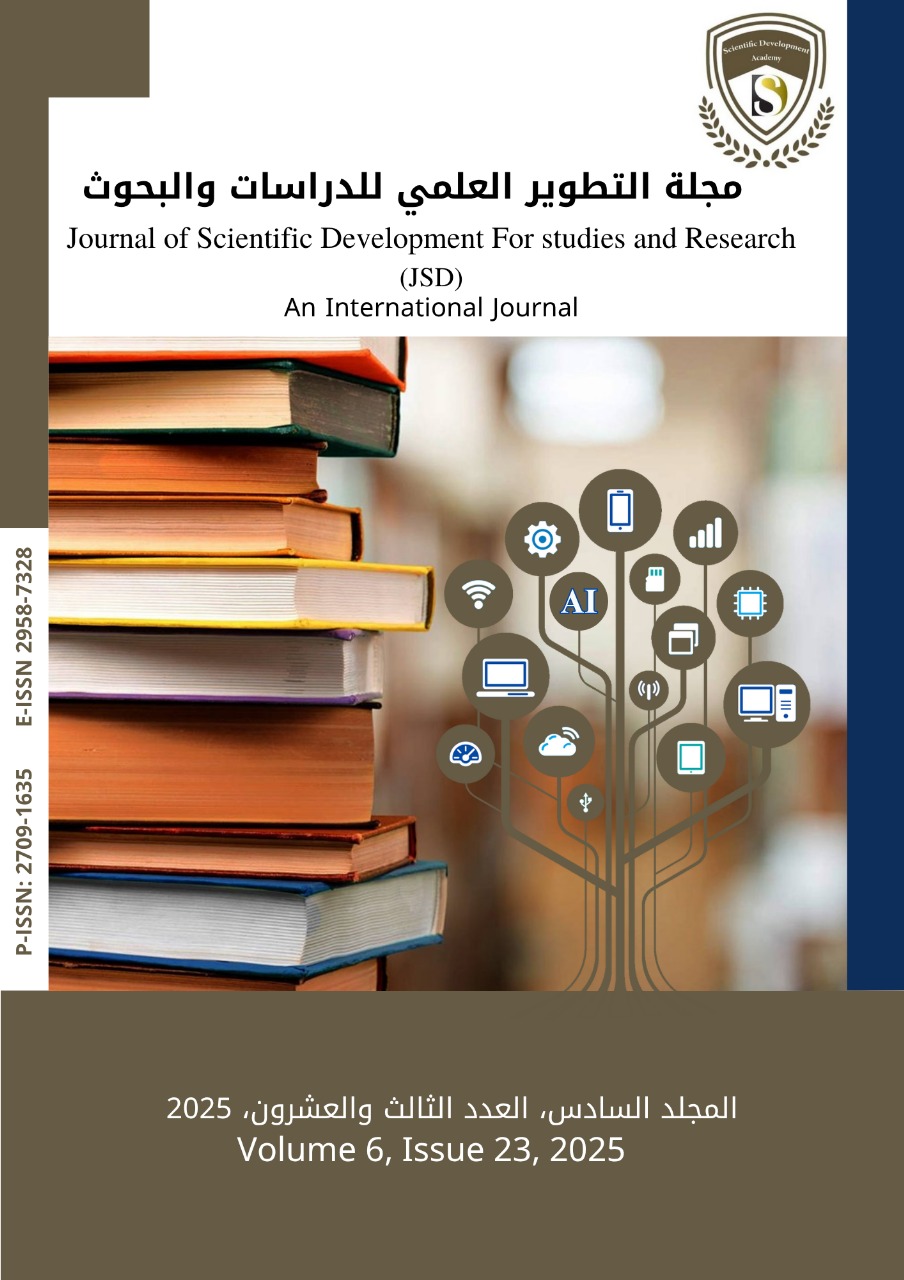أخلاقية الشريعة في تدبير الشأن العام، دراسة تحليلية نقدية لنظرية وائل حلاق
DOI:
https://doi.org/10.61212/jsd/372الكلمات المفتاحية:
أخلاقية الشريعة – الممارسة الخطابية – القانون- تدبير الشأن العام – وائل حلاق.الملخص
نفى وائل حلاق اعتماد الشريعة، بمقتضى أخلاقيتها في تدبير الشأن العام، على آليات الضبط والمراقبة والعقاب، وبالنتيجة، نفى أن يكون من مرتكز التعليم والثقافة الإسلاميين إنتاج المواطن المطيع للقانون، والخاضع لقيم النظام والانضباط، والشغيل المنتج اقتصاديا؛ إذ يرى أن هذه الآليات مما انفرد به القانون عن الشريعة، والإشكال أنه، في سياقات عدة، يثبت وجود هذه الآليات في الشريعة. وأيضا، ادعى حلاق، خطابية ممارسة الشريعة بحكم أخلاقيتها، ونفى بمقتضى هذه الخطابية وجود السلطة والطب والسجن في الشريعة. ومن هنا، يهدف هذا البحث إلى بيان أن الشريعة مع أخلاقيتها، تعتمد كذلك على آليات يرى حلاق اختصاص القانون بها في تدبير الشأن العام. وتتجلى أهمية ذلك في أن وجود هذه الآليات في الشريعة هو الذي يضمن للشريعة الفعالية اللازمة في تدبير الشأن العام، وخاصة عندما يتعلق الأمر بالذين لا ينضبطون إلا بهذه الآليات؛ لضعف الوازع الأخلاقي عندهم. وباعتماد منهج تحليلي نقدي، توصل البحث إلى أن الشريعة مع أخلاقيتها، تعتمد كذلك على آليات الضبط والمراقبة والعقاب في تدبير الشأن العام؛ وأن من مرتكز التعليم والثقافة الإسلاميين إنتاج المواطن المطيع للقانون، والخاضع لقيم النظام والانضباط، والشغيل المنتج اقتصاديا؛ كما أن ما يراه وائل حلاق من كون الشريعة ممارسة خطابية لا يعني انتفاء الممارسة القانونية فيها، فما ذكره من أمثلة الممارسة غير الخطابية، من سلطة وطب وسجن، كلها موجودة في الشريعة.
المراجع
التنزيلات
منشور
إصدار
القسم
الرخصة
الحقوق الفكرية (c) 2025 مجلة التطوير العلمي للدراسات والبحوث JSD

هذا العمل مرخص بموجب Creative Commons Attribution 4.0 International License.






























